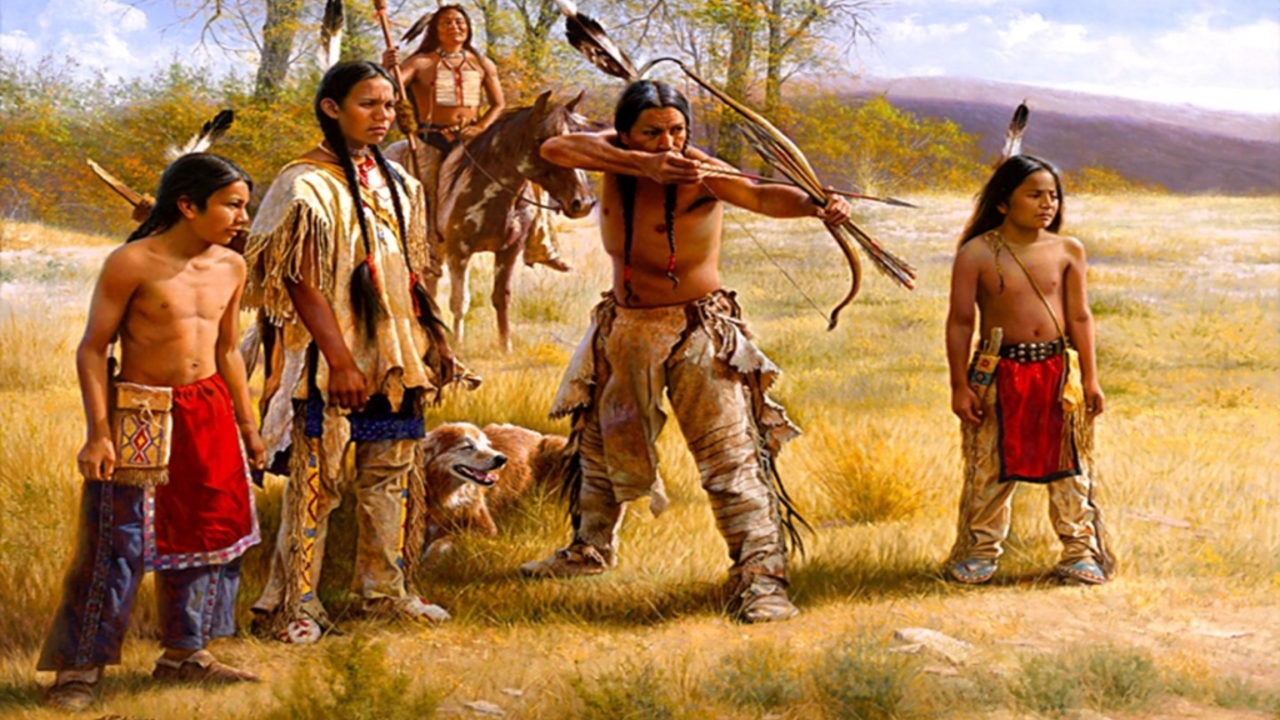Racial Slurs: What They Are and Why They Matter
When someone drops a racial slur, it isn’t just a word – it’s a shortcut for prejudice. These terms target a person’s race or ethnicity and instantly create a hostile vibe. On a news site like Today's News Roundup, the tag “racial slurs” groups stories that mention or discuss this kind of language, helping readers spot relevant content fast.
Why Racial Slurs Cause Harm
First off, slurs reinforce stereotypes. By attaching a negative label to an entire group, they make it easier for bias to spread. Second, they trigger emotional pain. Imagine hearing a word meant to demean you every day – it wears you down and can affect mental health. Third, slurs can spark conflict. A single comment in a stadium, a classroom, or a social feed can turn a calm crowd into a heated showdown.
In real‑life examples, you’ll see athletes or public figures punished for using slurs on the field or in interviews. Those penalties show that platforms, sports bodies, and employers take the damage seriously. It’s not just about free speech; it’s about protecting people from hate.
How to Handle and Prevent Hate Language
If you spot a slur in a comment section, the quickest move is to report it. Most sites have a “report” button that alerts moderators. As a reader, you can also call out the language politely: “That word is hurtful; can we use something else?” This keeps the conversation respectful without sounding like a lecture.
For creators, avoid slurs unless you’re quoting a source and need to show context. When you do quote, use asterisks or a brief note to explain why the term appears. Editing tools can automatically flag problematic words, giving you a chance to replace them before publishing.
On a personal level, educate yourself about the histories behind the words. Knowing why a term is offensive makes it easier to recognize when it shows up. Talk to friends from different backgrounds; their perspectives can highlight subtle ways language can harm.
Lastly, remember that changing language habits takes time. If you slip up, apologize quickly and learn from the mistake. A sincere apology shows you respect the affected community and are willing to do better.
By staying aware, reporting abuse, and choosing respectful words, we can make online spaces and everyday chats safer for everyone. The “racial slurs” tag is a reminder that this issue matters and that we all have a role in keeping the conversation clean.
The question of whether it's appropriate for Indians or Native Americans to use the N-word is a deeply complex and sensitive one. It's essential to remember that the N-word is historically tied to systemic racism and oppression against Black people. While there's a shared history of oppression between Native Americans and African Americans, using this word can potentially perpetuate racial harm. Additionally, it's important to respect that different communities have unique experiences and associations with certain words. Ultimately, it's about respecting each other's histories and experiences.
Read more





